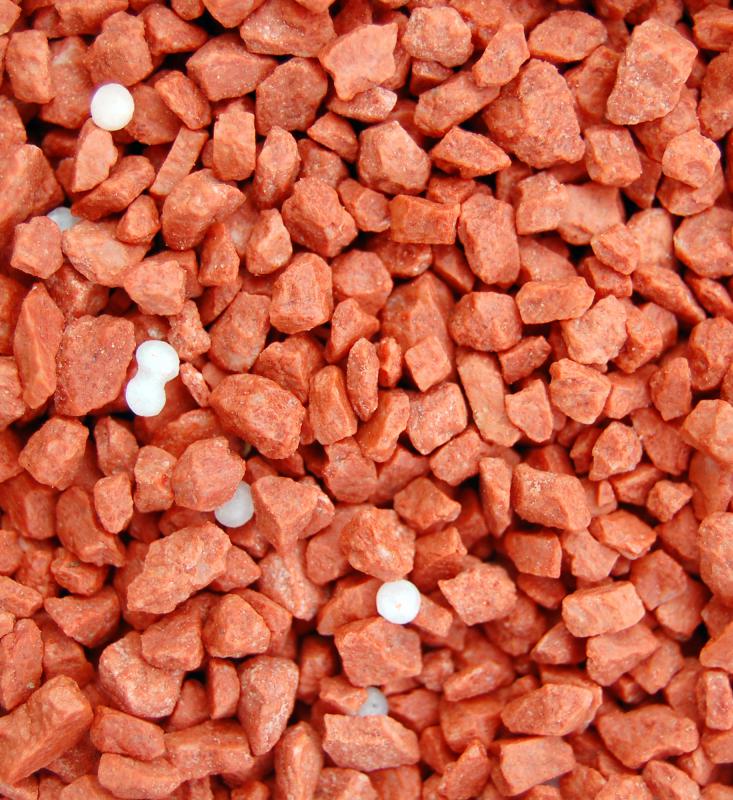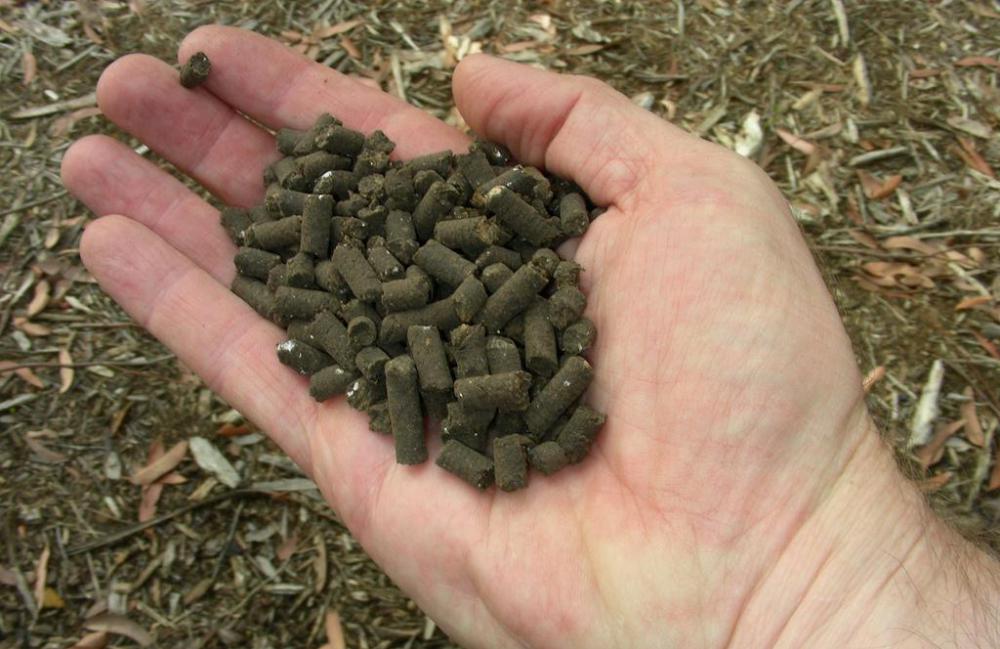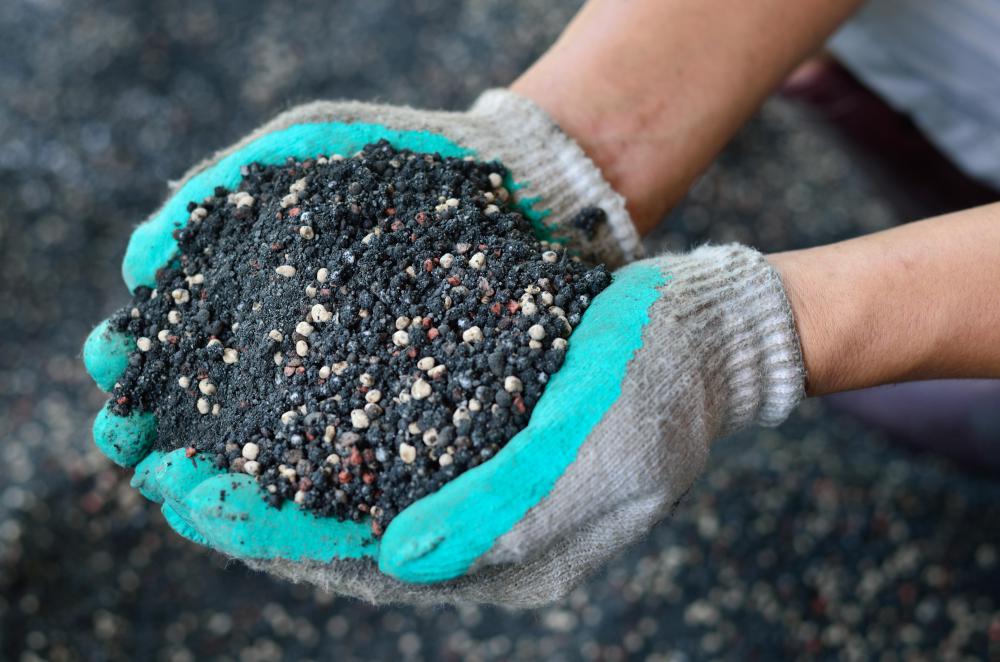At WiseGEEK, we're committed to delivering accurate, trustworthy information. Our expert-authored content is rigorously fact-checked and sourced from credible authorities. Discover how we uphold the highest standards in providing you with reliable knowledge.
What are the Different Types of Green Fertilizer?
The two main types of green fertilizer are manure and compost. Another way to fertilize gardens naturally is by plowing dead plant growth back into the soil. Many gardeners prefer using green fertilizer because it decreases the likelihood of unwanted chemicals entering the food supply.
Cow manure is probably the most common type of green fertilizer. Gardeners like it because it does not burn plants, and it contains many of the chemical properties necessary for healthy plant growth. Cow manure is made up of nitrogen, potash, and phosphate and many undigested bits of organic material, all of which make excellent fertilizers.

Fresh cow manure can be immediately spread on garden beds; however, dried manure must first be crushed or crumbled. Dried manure should then be raked over a freshly turned bed, making sure that distribution is evenly spread. When using either fresh or dry manure, in most cases, following spreading, it is a good idea to lightly water the area.
Other types of manure that are often used as green fertilizer include chicken and horse manure. Both these types of manure offer many of the same nutrients as cow manure. If the manure has to be purchased, horse manure is usually a bit more expensive than cow manure, while chicken droppings are usually less expensive. One drawback to using chicken manure is that it is considered the most odorous of all the manures. Not only is the smell excessively strong, but it can linger in the air for many days.

If keeping the garden completely organic is an issue, it is necessary to make sure that the manure fertilizer comes from animals that are free of hormones and medicines. It is possible for trace elements from medications and hormones to make their way into animal waste. One way to be sure that does not occur is to first add the manure to a compost heap. The bacterial effects of the heap will help eliminate any non-organic content in the manure.

Compost heaps are piles or organic matter that are allowed to ferment over time. Any type of organic matter can be added to a compost heap. Most people begin their compost heaps using table scraps and peelings from fruits and vegetables. In most cases, it takes about six months for a compost heap to ferment enough to make a good green fertilizer. Once the compost is ready, it is simply turned into the garden bed, and then lightly watered.
Another method of fertilizing organically is to allow old plant beds to die out, and then plow the dead remnants back into the soil. This dead plant life will eventually release nutrients into the soil that will enhance new plant growth. Farmers have been using this method of fertilizing for centuries.
AS FEATURED ON:
AS FEATURED ON:













Discussion Comments
@Iluviaporos - Learning chemistry isn't strictly necessary if you follow a few general guidelines, like making sure you add both wet and dry materials to the compost heap and so forth.
I also want to point out that not all manure should be used in the garden, particularly the food garden. Household animals can spread disease too easily, so stick to the farmyard.
@Fa5t3r - It's actually a good idea to learn a bit of chemistry in order to get the best fertilizer if you aren't going to follow an exact recipe. For example, bird manure (also called guano) is very high in nitrogen so if you have an excellent source of this kind of manure, you won't need to provide additional nitrogen.
If, however, you are using another kind of manure that doesn't have as much nitrogen content, you might want to try growing a crop of something like legumes, which will fix nitrogen from the air and put it into the soil. For best results, some farmers will grow these plants as cover crops and then just chop them down and dig them into the soil to let them prepare it for the cash crop.
Remember that any time you grow something and then harvest it, you're taking nutrients directly from the soil and those need to be replaced.
Don't use fresh bird manure in your garden, at least without mixing it with something else. It needs to be rotted down in a compost heap or in some other way before you put it directly on plants or it will burn them. It does make an excellent plant fertilizer once it is ready, but before then it's basically an environmental hazard (which is one of the many reasons intensive poultry and egg farmers need to clean up their act).
Really, all manure is going to be better in the garden if you put it through a compost heap first, but with cow and sheep manure you can get away with skipping that step.
Post your comments